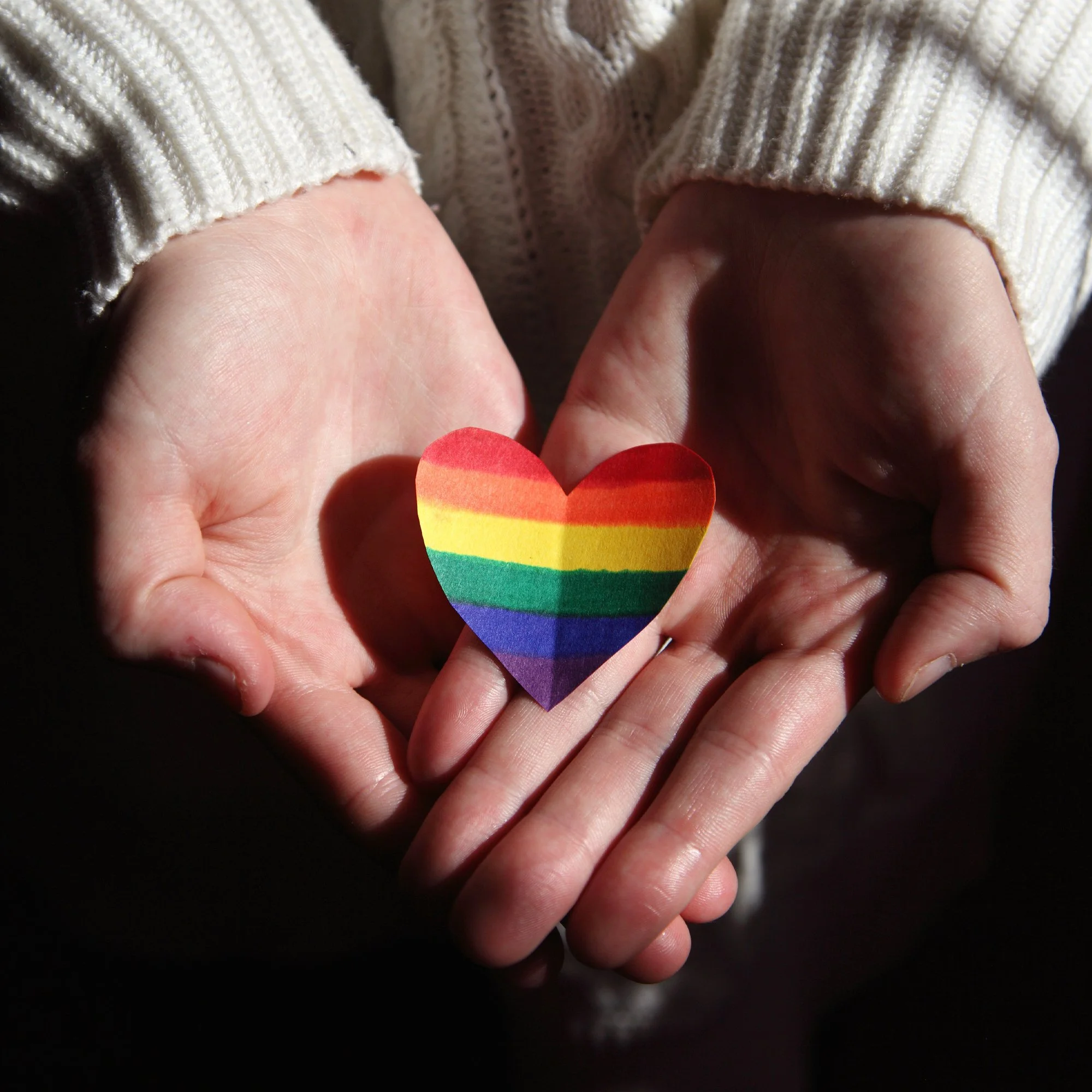
Any philosophy of practice must be based on a theory of the self and of suffering (or dis-ease): what causes it, what alleviates it, and what the role of the therapist is in the process.
If we theorize based on the prevailing biomedical model, we see the “self” as a process based predominantly on genes, proteins, neurons, neurotransmitters, neurocircuitry, and “suffering” as symptoms of a problem on one or more of these levels, then it would follow that medicine or other interventions would be a necessary and sufficient course of action to relieve suffering.
If we theorize with Freud and the analysts that the “self” is a process developed through the repression of desires within the family structure, and our suffering is the inevitable result of the frustration or pain of not getting our needs met, we would use talk therapy as a way of untying the knots of neuroses.

Common between the biomedical model and many psychological models is a structural power differential where the analyst, doctor, clinician, or therapist is an expert in the pathological process that causes the suffering of the subject.
They then intervene with the authority of one who knows how to correct the defect, dis-ease, or dysfunction. Another commonality between the biomedical and analytic models is the notion that pathology (illness) resides within the individual and that the cure must be applied on a solely individual level.

By contrast, our philosophy of practice is based on a self that is a dynamic manifestation of the material (human) substance within a social and environmental context. This is as true for the practitioners as it is for those who come seeking care. From family relations to socio-economic status to race and ethnicity, to gender, to sexual orientation, and the historical background of all of these, our social context creates meaning for individuals.
Empirical data and our collective experience demonstrate the nature of the self that is in constant flux within a given environment, with varying degrees of maladaptation, rigidity, inflexibility, and stuckness. Some of these are due to pathological physiological processes. Some are due to the wider context, and some involve complex systems that generate feedback between the physical and social; producing a self that will likely endure some form of suffering.
Our role then is to provide care as skillful guides who are familiar with the territory of healing, and the reliable paths from dis-ease to centeredness. As guides, therapists, and fellow travelers, we skillfully employ the use of contemporary medication and traditional approaches as well as the careful, deliberate creation of settings that facilitate healing. We support those who are suffering to connect with others and find their center. We prioritize integration and community for people within the context of the larger community around us.




